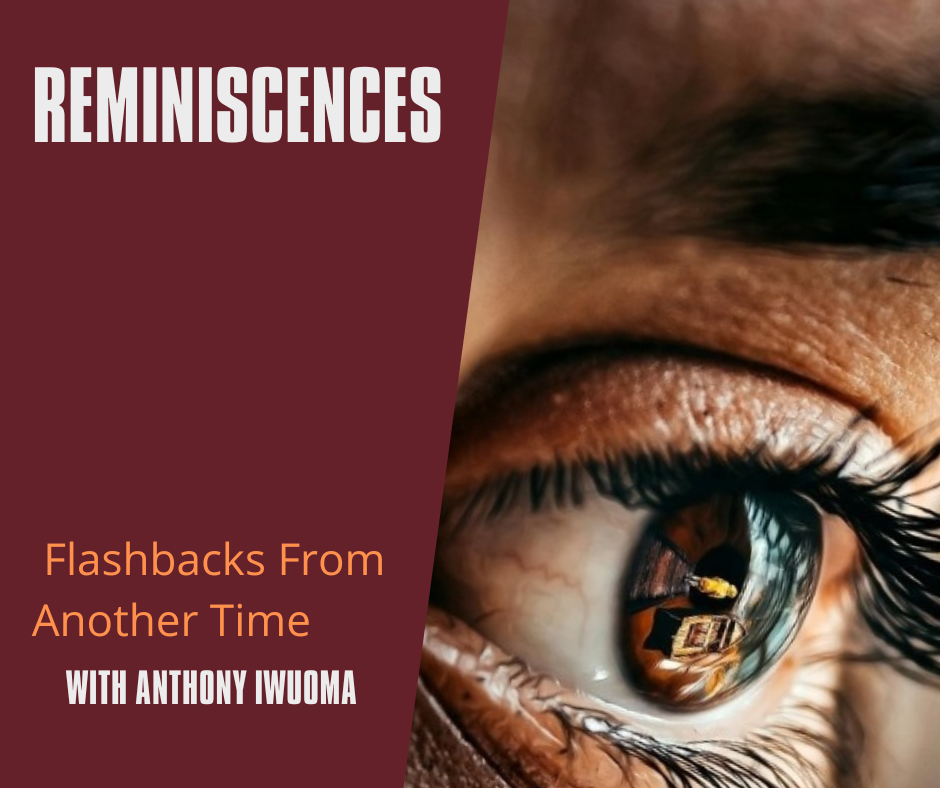
By Publisher
Kindly share:
There are moments in a state’s political journey when one must pause, not to applaud the noise, but to expose its hollowness. Abia State stands at a crossroads today, not because its government is failing, but because certain men, consumed by ambition and blinded by ego, cannot bear the sight of progress not authored by their own hand.
Among them, Rt. Hon. Benjamin Kalu, Deputy Speaker of the House of Representatives, has chosen to stand in the opposition corner of envy, hurling stones at Governor Alex Otti from the safety of Abuja.

Kalu’s recent verbal attacks on Governor Otti, a man who has become synonymous with reform, fiscal discipline, and visible development in Abia, are nothing short of tragicomedy. They reveal less about Otti’s leadership and more about Kalu’s political restlessness. His statements were not born of concern for Abia’s welfare, but of a deep-seated discomfort with another man’s success.
Let us be honest: Alex Otti has, in less than two years, achieved what years of political decay had made Nigerians believe was impossible in Abia. Roads are being constructed where there were once craters of shame. Salaries are being paid without protest. Infrastructure, urban renewal, and public accountability have returned to the state’s vocabulary. The air, for the first time in decades, smells faintly of hope.
And yet, Benjamin Kalu, a man who has spent more time mastering the theatrics of Abuja politics than understanding the language of governance, finds fault.
Kalu’s political persona thrives on visibility. He is a man whose ambition is never at rest; a man who measures relevance by airtime and applause, not by results or legacy. The Deputy Speakership, in his imagination, was never a destination but a platform, a launching pad for a bigger dream: the governorship of Abia State. That ambition is not in itself a crime. Ambition can be noble when tempered by patience, humility, and respect for those currently carrying the burden of leadership. But when it morphs into resentment and cheap criticism, it becomes a sickness, the kind that eats through credibility like acid through cloth.
What has Kalu done for Abia in his time at the National Assembly? Where are the legacy projects, the major federal interventions, the economic partnerships, or even the legislative footprints that could justify his claim to political superiority? The records are thin. His speeches are loud, his handshakes frequent, but his impact is invisible.
Ironically, a man who sits in Abuja with the power to attract federal attention to his state is busy crafting press statements to tear down the one person actually working to rebuild it.
Benjamin Kalu’s criticism of Otti’s administration reeks of political insecurity. So, Otti is a performing showman, a man too obsessed with optics, too eager to court praise? But even if we grant Kalu that description, we must ask: what is wrong with performance when the results are tangible? What is wrong with visibility when the evidence of transformation is there for all to see?
Under Otti, Umuahia is beginning to look like a state capital, not a forgotten suburb of despair. Aba, once a symbol of neglect, now hums with cautious optimism. Civil servants are regaining dignity; pensioners are no longer abandoned. If this is showmanship, then it is a kind of show Abians are happy to attend.
Contrast that with Kalu’s own “performance”, a parade of empty rhetoric, endless posturing, and an inflated sense of self-importance. Otti’s success is Kalu’s nightmare. Each kilometre of road tarred, each salary paid, each reform implemented, all remind Kalu that competence, not titles, wins the hearts of people, and imperils his own ambition
There is a peculiar disease among Nigerian politicians, a fear of being outshone. The moment one leader begins to perform, others scramble to discredit them, not because they care about accountability, but because they cannot bear to see excellence that exposes their own mediocrity. Benjamin Kalu is a textbook case of this affliction.
His ambition to govern Abia has never been a secret. But what he fails to understand is that governorship is not awarded to those who shout the loudest or criticise the hardest. It is earned by those who demonstrate genuine love for the people, not from a podium of sycophancy, but through service.
Kalu’s public rebuke of Otti was not an act of statesmanship; it was a campaign speech in disguise. Every line dripped with the desperation of a man already measuring drapes for an office he has not been invited to occupy. That kind of over ambition is dangerous. It breeds division, not progress. It pits ego against empathy, and personal agenda against collective good.
The All Progressives Congress needs more than Kalu’s rhetoric and wishful thinking to dislodge Otti with his evident sterling performance in Abia.
There is a lesson here for Kalu and his ilk: you cannot outshine performance with propaganda. Governor Otti’s administration, whatever its imperfections, has given Abia something rare: results. The people see it, feel it, and will defend it. And that, ultimately, is what terrifies Kalu.
For years, Abia’s political elite thrived on inertia, making promises they never intended to keep, cultivating followers through poverty and patronage. Otti disrupted that cycle. He came armed not with slogans but with spreadsheets; not with excuses but with execution. For the first time, the state’s political oxygen is clean, and that clarity is suffocating to those who prefer the fog of manipulation.
Benjamin Kalu’s attempts to malign Otti’s government will fail because they lack a moral foundation. You cannot successfully accuse a working governor of incompetence when the evidence of progress is staring everyone in the face. You cannot belittle transparency when the books are open and the projects are visible.
To criticise fairly, one must first be fair. Kalu’s rhetoric, however, is marinated in bitterness. A fair-minded politician would acknowledge visible progress and then propose ways to improve it. But fairness has no place in Kalu’s vocabulary when ambition has hijacked his compass.
He forgets that leadership is not a competition for applause, but a collaboration for progress. A confident deputy speaker, sure of his legacy, would celebrate a performing governor from his home state. A desperate one will attack him.
When Otti is described as “overrated,” it truly means “overwhelming.” Otti’s success overwhelms Kalu. It exposes the shallowness of his own political narrative. And so, like a drowning man clutching at straws, he reaches for cheap populism, hoping to ride a wave of resentment that no longer exists.
It is unfair, deeply unfair, for a man of Kalu’s position to weaponise his national platform against a performing state leader simply to polish his own political résumé. To dismiss Otti’s visible achievements because they do not fit into Kalu’s narrative of self-importance is an insult to the intelligence of Abians. It is the height of dishonour from one who calls himself “Honourable.”
Perhaps, Kalu has forgotten that the title “Right Honourable” is not a reward for verbosity, but for virtue. It is earned through fairness, dignity, and service. When a man bearing that title chooses pettiness over partnership, he diminishes not just himself but the very institution he represents.
Kalu could do far more for Abia by leveraging his position to attract federal projects, to strengthen Otti’s reforms, and to ensure that the state’s progress becomes irreversible. If Kalu wishes to govern Abia one day, he must first learn to serve it sincerely. Leadership begins with loyalty to the people, not hostility toward their progress. You cannot build trust by tearing down hope. You cannot earn a mandate by mocking success.
The lawmaker stands today at a moral crossroads. He can continue on this path of unprovoked hostility, allowing ambition to cloud his judgment, or he can return to the higher calling of statesmanship, to uplift, to support, to build.
For now, his recent attacks on Governor Otti have revealed a man unsettled by another’s excellence, a deputy speaker whose title has grown taller than his temperament.
How can a man who has barely managed his own corner in Abuja suddenly become the self-appointed referee of progress back home? It’s like a spectator shouting fouls at a player who’s scoring goals, and still claiming he’s the better athlete because his jersey says Honourable.
True honour is not in the title before your name; it is in the truth behind your actions. So, Honourable Deputy Speaker, with all due parliamentary respect: this Honourable is not right. Because ambition without humility is noise, and criticism without merit is comedy.



